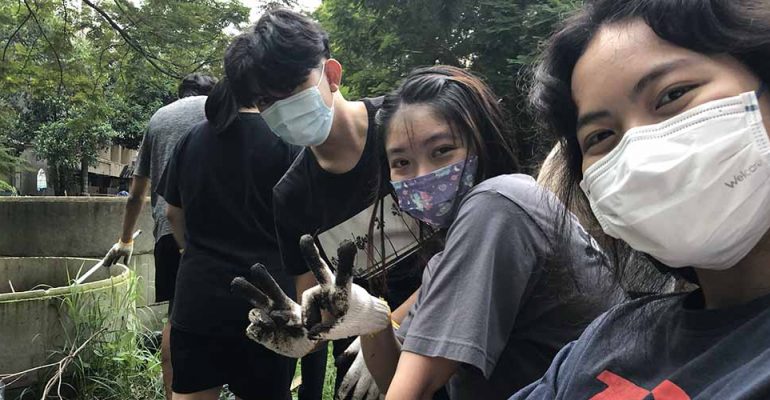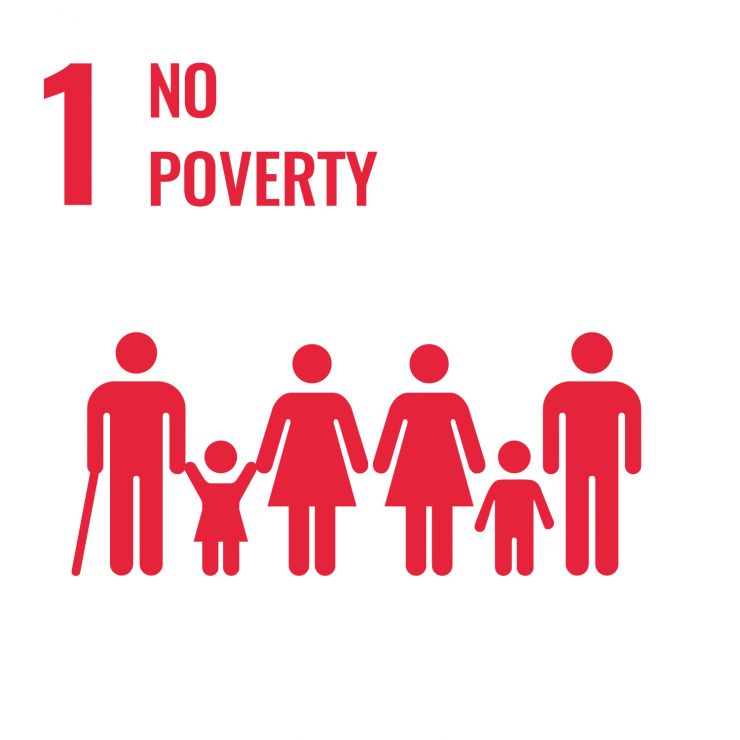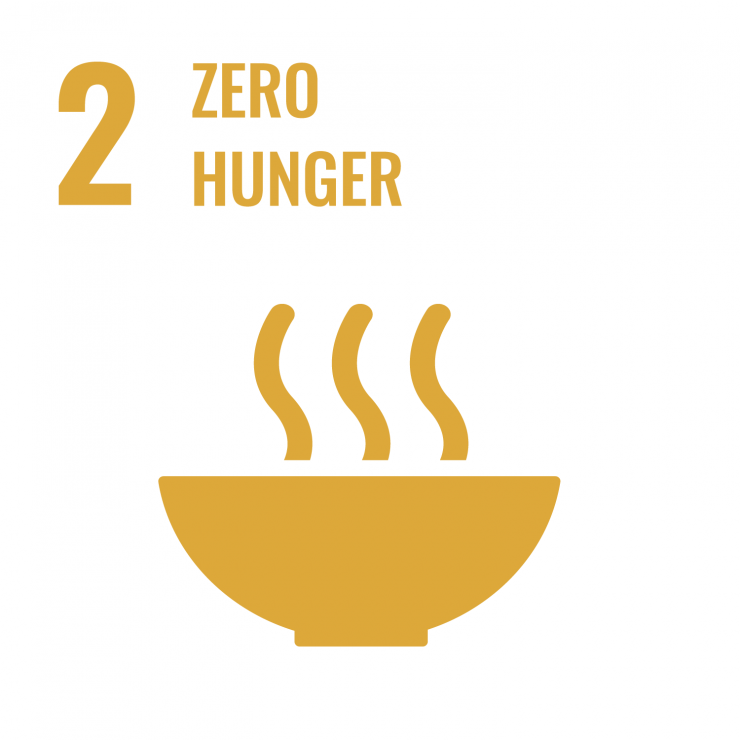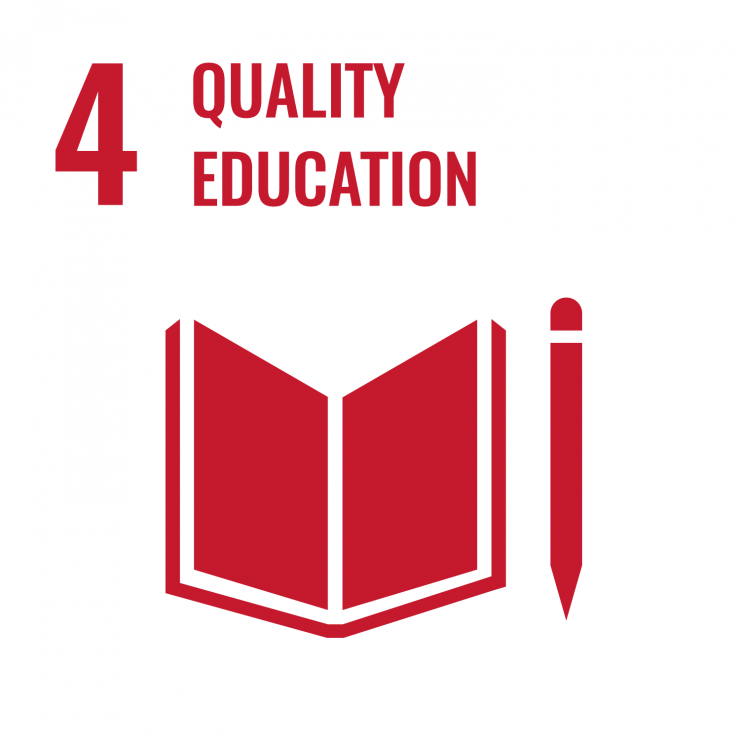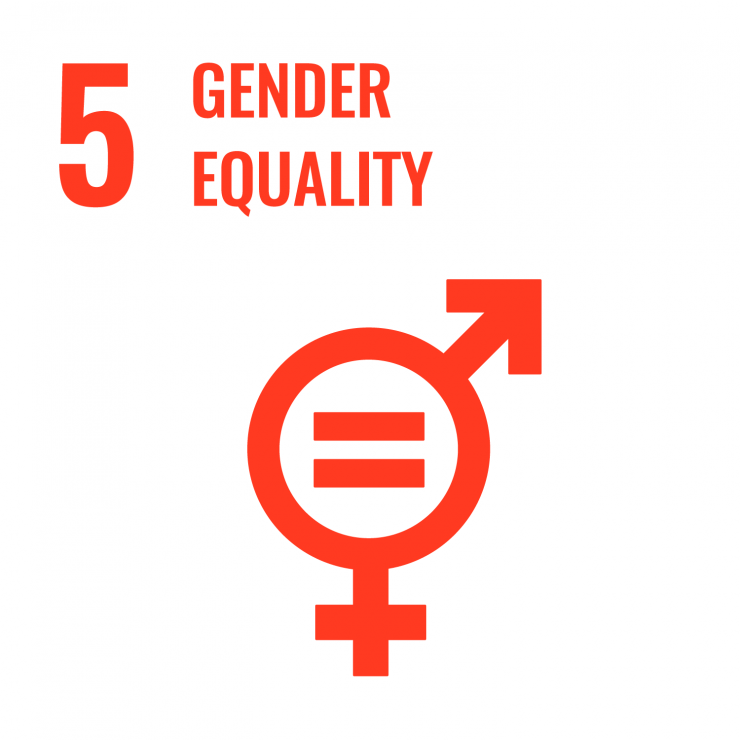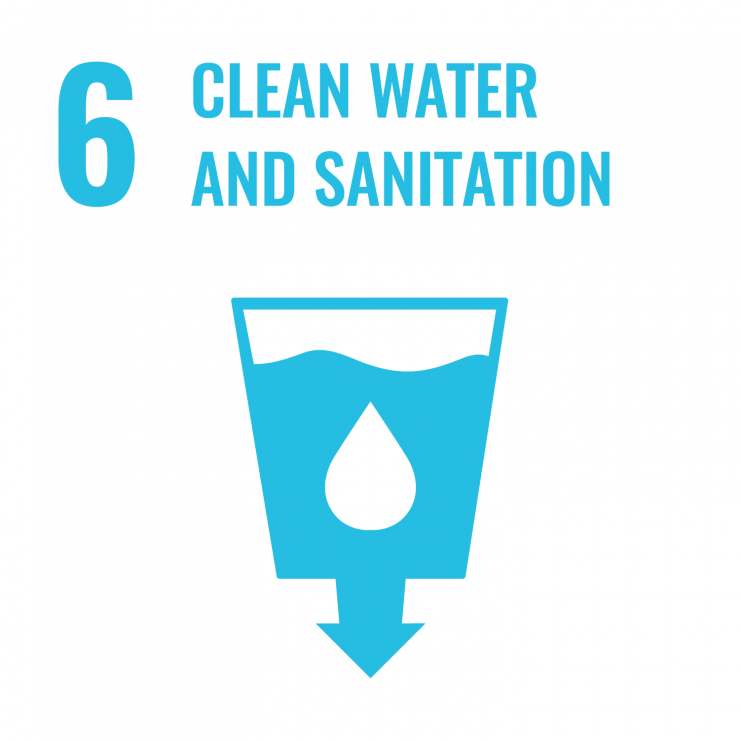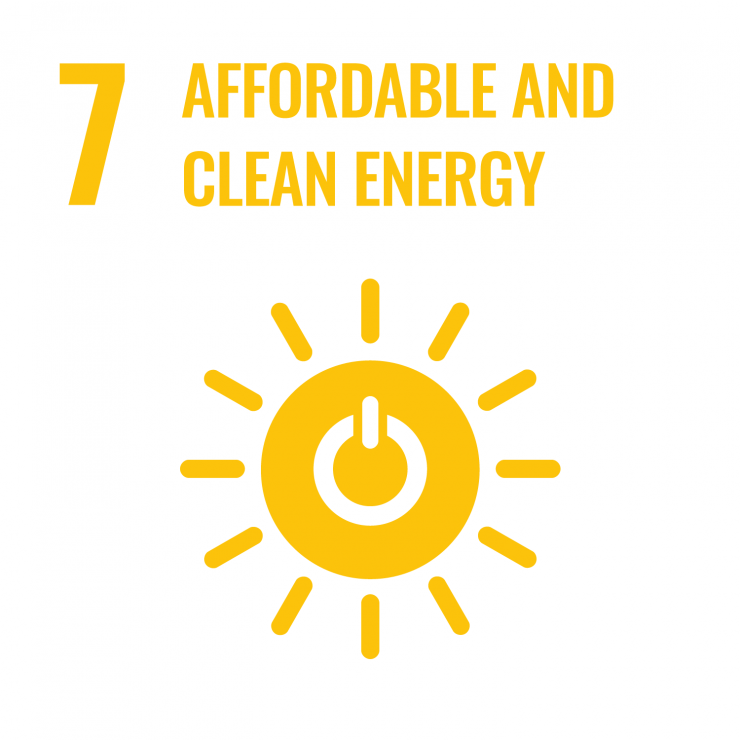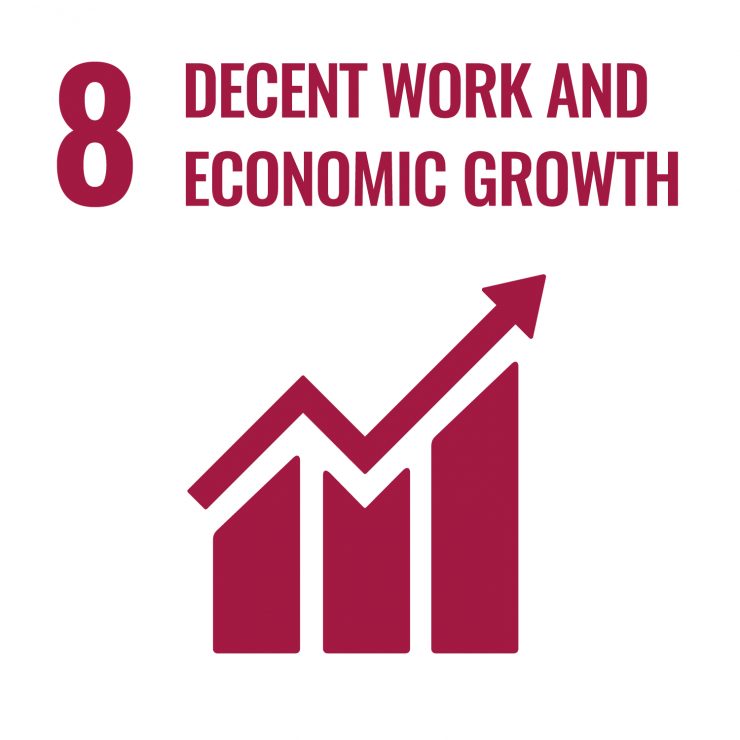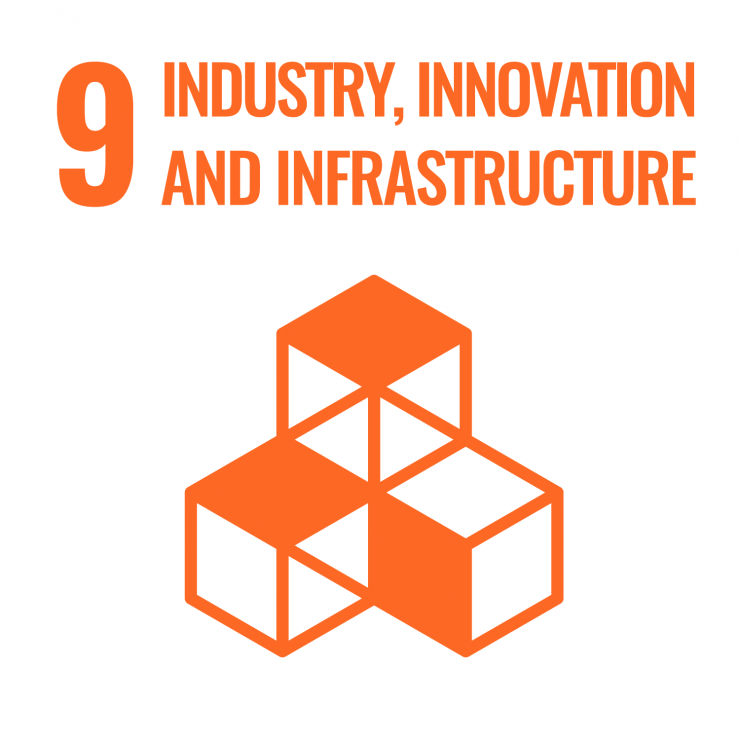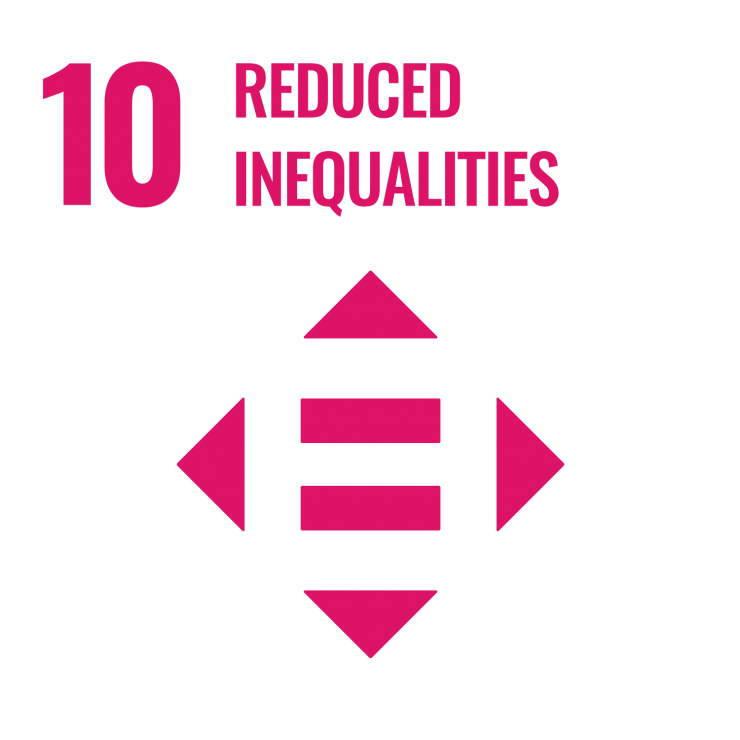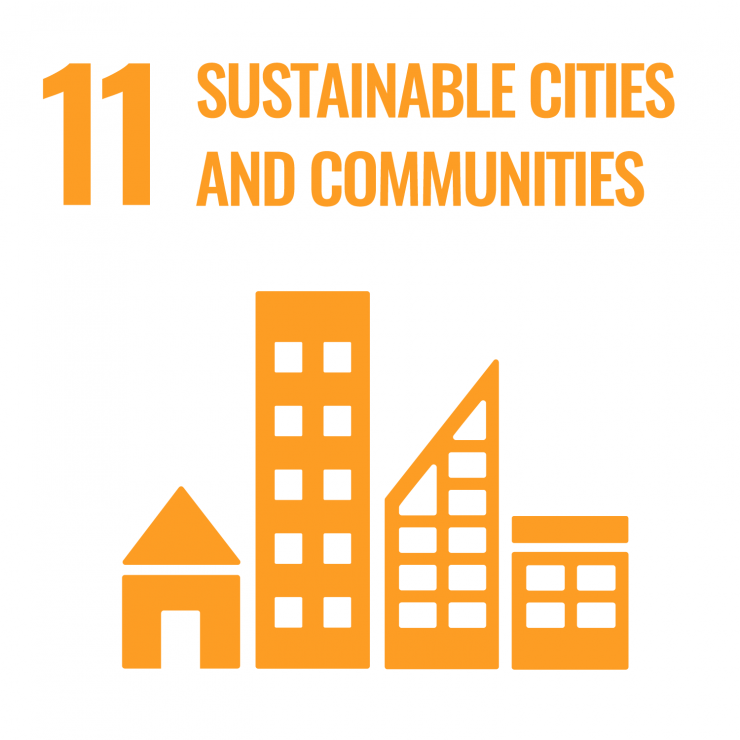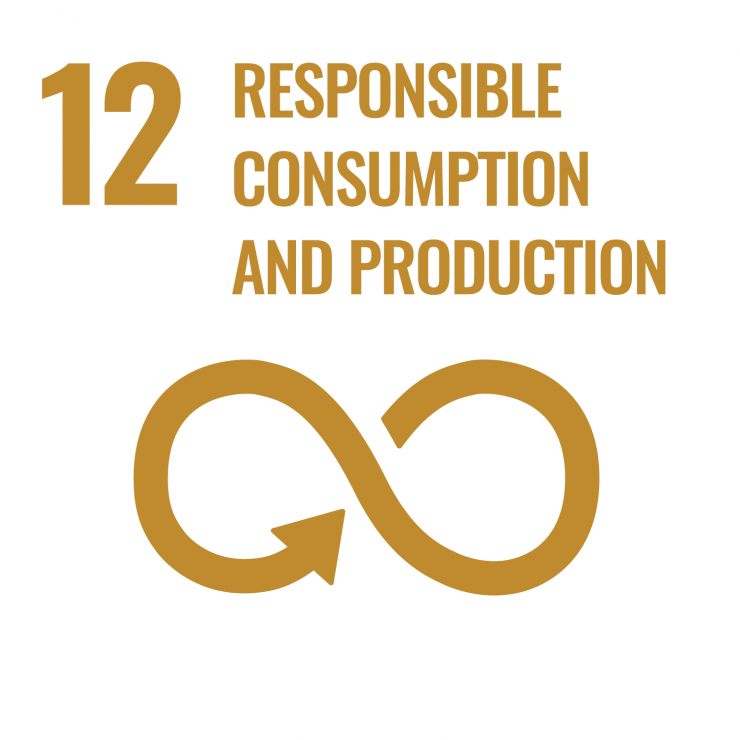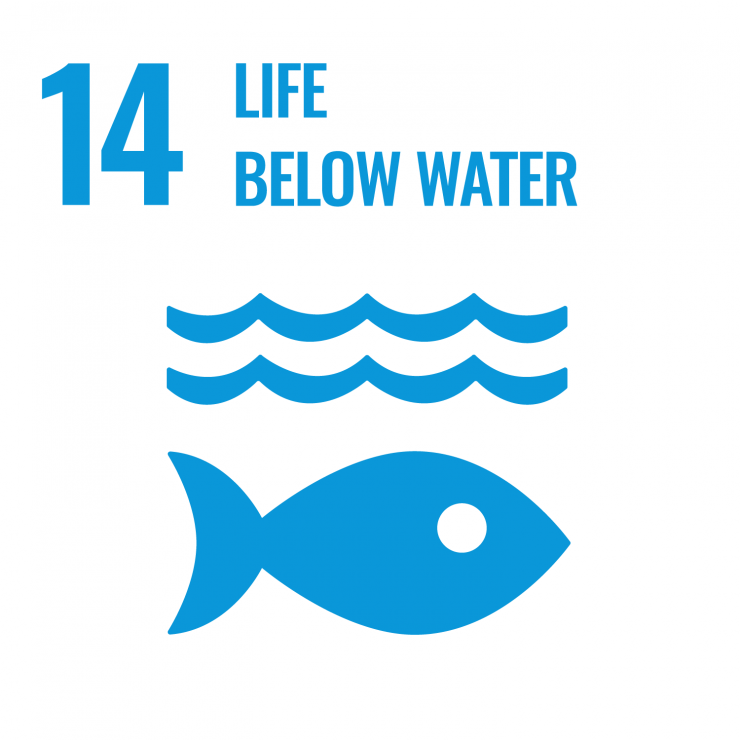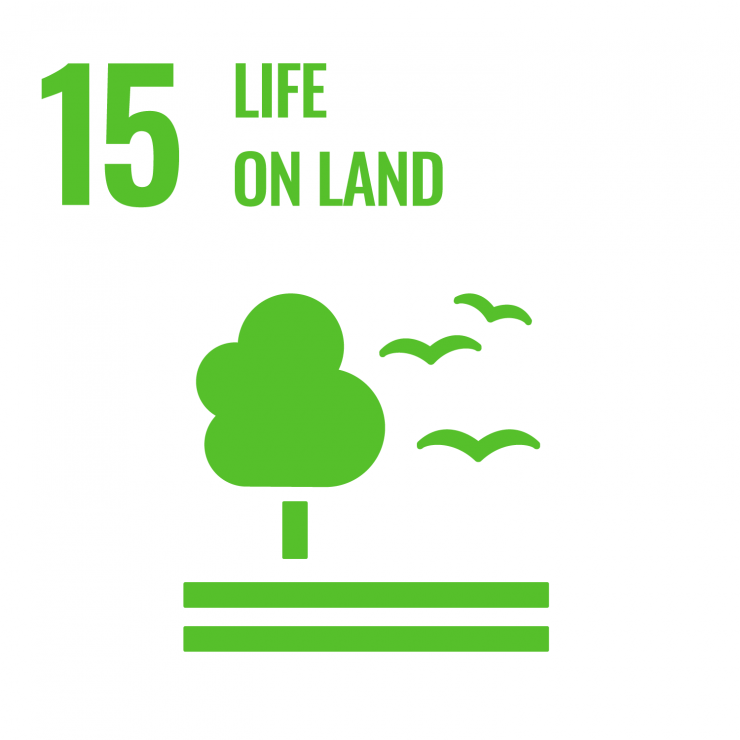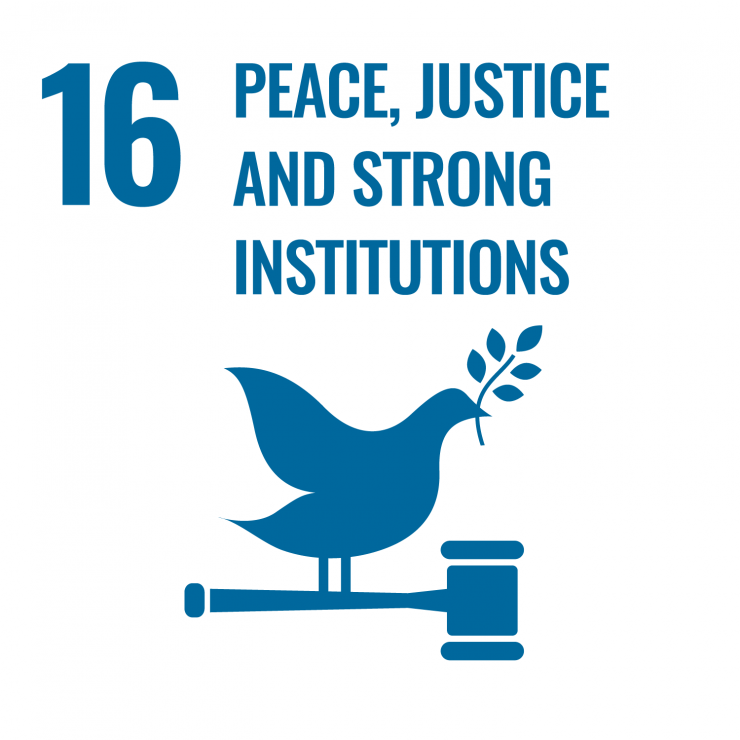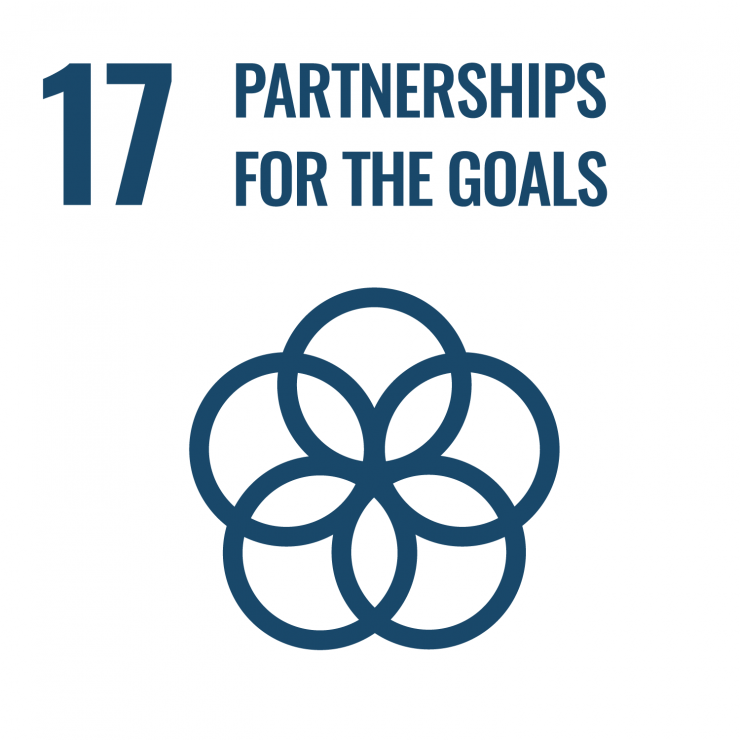MUIC composting is hot! Initiated in 2018, MUIC staff and students are putting on the sustainability heat in a powerful post-Covid 19 resurgence of grassroots action for nature.
The MUIC Grounds and Operations Section (under their Chief, Khun Sitta Kutsang) installed eight large-scale composting bins in July behind Building 1; now students led by the Nature Lovers and Science Society Clubs are joining hands with the professional staff to fill them up. Funding from the Student Affairs Office for this project is also a much welcome support.
Composting reduces all kinds of organic wastes like leaves, grass, paper and kitchen scraps to a highly nutritious fertilizer without using fossil fuels, synthetic additives or arcane technical wizardry–all it takes is applying a little understanding of nature’s decomposers with some labor and management. Besides not wasting landfill space or polluting the air and water by waste incineration, composting reduces greenhouse gas emissions and raises biodiversity; it’s great exercise too. Win-win-win!
Clearly, fulfillment of many of the United Nations Sustainable Development Goals is furthered through this simple action; doing so is a major policy objective of Mahidol University as the world moves earnestly towards making sustainability an equal priority to economic development.
Throughout Term 1, the clubs were running weekly composting days where participants from all our divisions learn hands-on how to keep the compost “cooking” with enough moisture and air, and suitable material proportions.
So, by the cool season, the staff and students will be harvesting several hundred kilos of rich organic locally-sourced plant food for the MUIC landscaping team to apply. When you see Mahidol University’s award-winning campus blooming with even more stunning flowers and greenery than usual, you’ll know it’s going down well.

